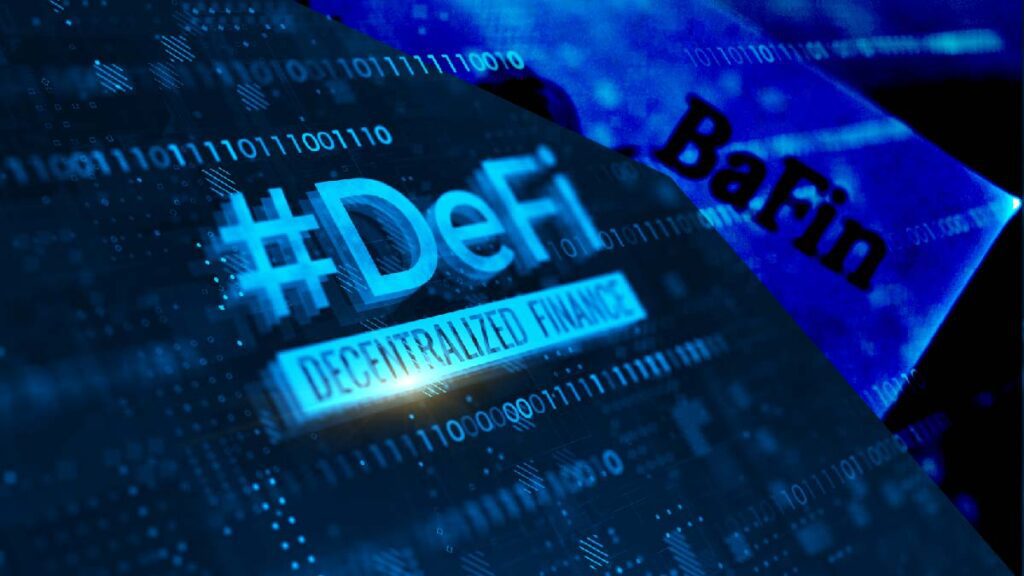
Executive director of Germany’s Federal Financial Supervisory Authority (BaFin), Birgit Rodolphe, has appealed for novel and comprehensive regulation of the decentralized finance (DeFi) sector across the European Union and to create a consistent DeFi EU regulation.
BaFin is Germany’s financial regulator, in charge of overseeing banks, insurance companies, and other financial organizations, which includes everything related to cryptocurrencies. BaFin is responsible for issuing “crypto custody licenses,” which are essential for companies wishing to provide bitcoin services in Germany.
Rodolphe made a point of the risks presented by an uncontrolled DeFi area to consumers in an article on BaFin’s website, calling for a uniform regulatory framework throughout EU member countries.
“One thing is clear: the clock is ticking. The longer the DeFi market goes unregulated, the greater the risk for consumers, and all the greater is the danger that critical offers that have systemic relevance will establish themselves.” Rodolphe stated.
She listed “technical issues, hacks, and fraudulent activity” as threats to consumers, claiming that DeFi isn’t as “democratic and altruistic” as its proponents believe and that DeFi products and systems are “difficult for many to grasp.” She came to the conclusion that DeFi protocols cannot function outside of rules just because they employ new technologies and claim to be outside the reach of law and governance or believe themselves to be self-governing.
Rodolphe lamented that the deregulated and chaotic DeFi, crypto, and NFT spaces had left many missing their financial livelihood. This is especially true now amid the biggest crash in crypto history that saw otherwise safe financial decisions brought low, with livelihoods lost and DeFi projects abandoned.
It is true that those who lose in the wild west, that is, the crypto market have no one to turn to when things go wrong, when assets disappear, wallets are hacked, or deposits are lost.
She went on to say that lending, borrowing, insurance, and other goods outside of the traditional financial system are all subject to license and supervision in the states where they’re sold, and she urged authorities to establish standards that will give DeFi providers legal certainty.
Rodolphe cited BaFin’s “crypto custody business” license, which allows businesses to provide cryptocurrency services in Germany.
The license was which was launched in January 2020 as an “attractive” regulatory framework for crypto enterprises. Only four crypto service providers have been licensed so far, but numerous financial institutions have applied.
Rodolphe wrote that regulatory systems in different European countries should be the same and help form a unified DeFi EU regulation.
“Ideally, such requirements would of course be uniform throughout the EU in order to prevent a fragmented market and to leverage Europe’s entire innovation potential.” She emphasized.
Rodolphe drew the conclusion that new DeFi laws mustn’t be weaker than the existing standards for traditional financial goods, as this might make DeFi products more appealing to businesses from a regulatory standpoint.